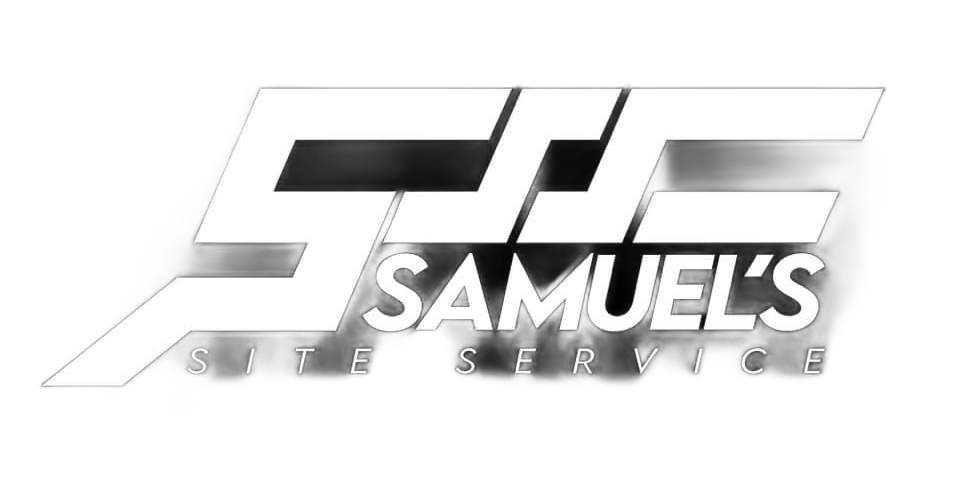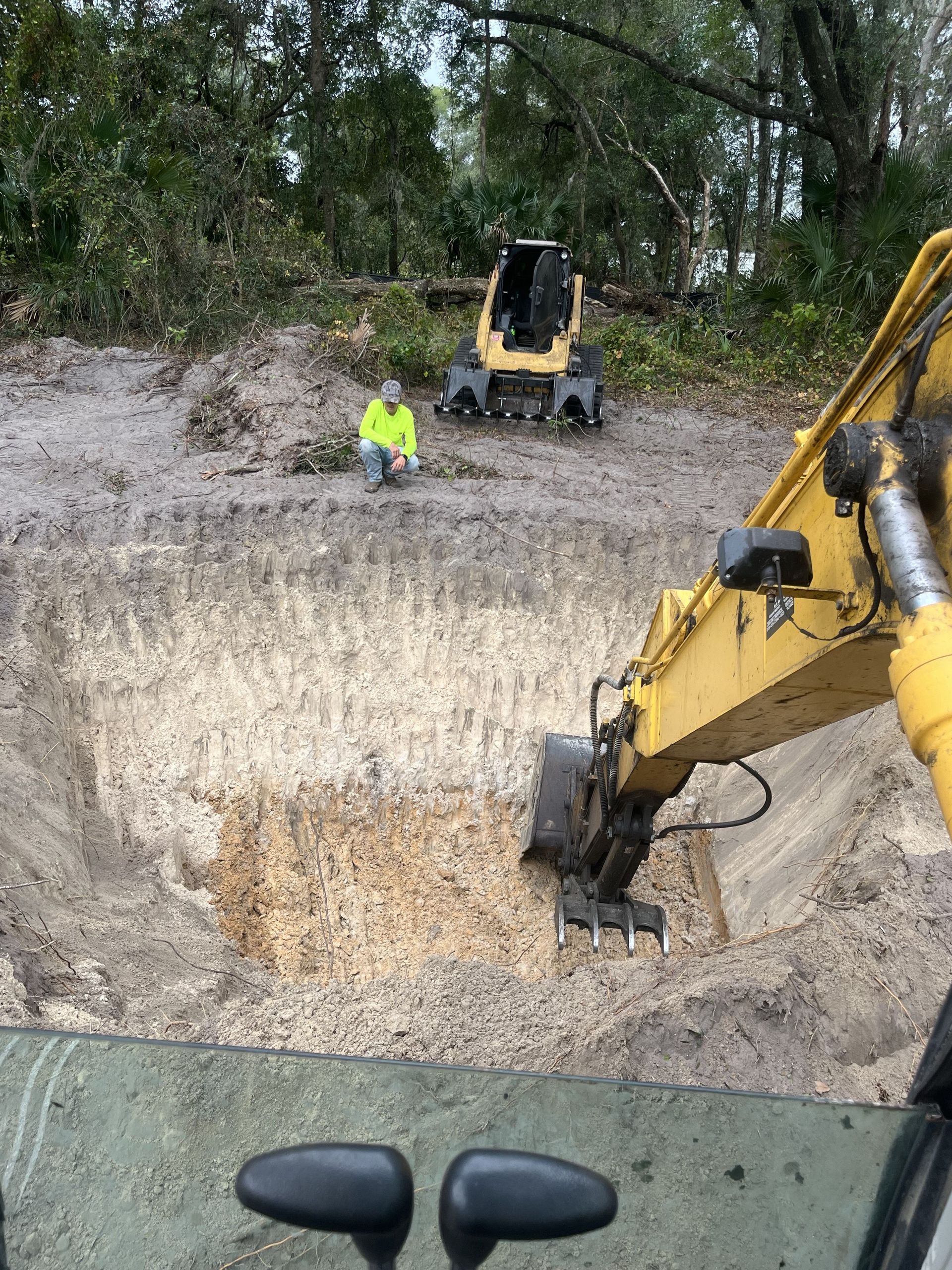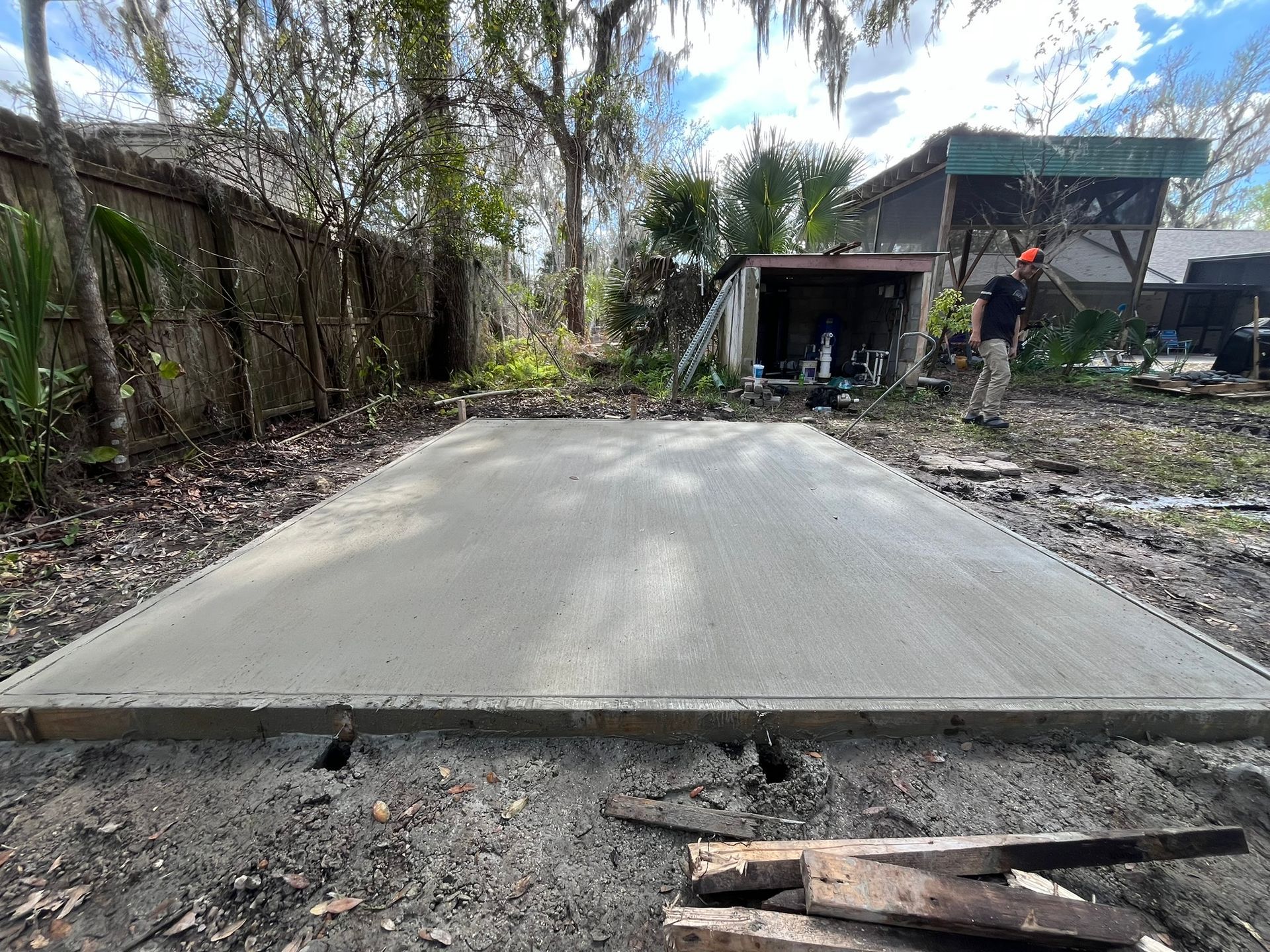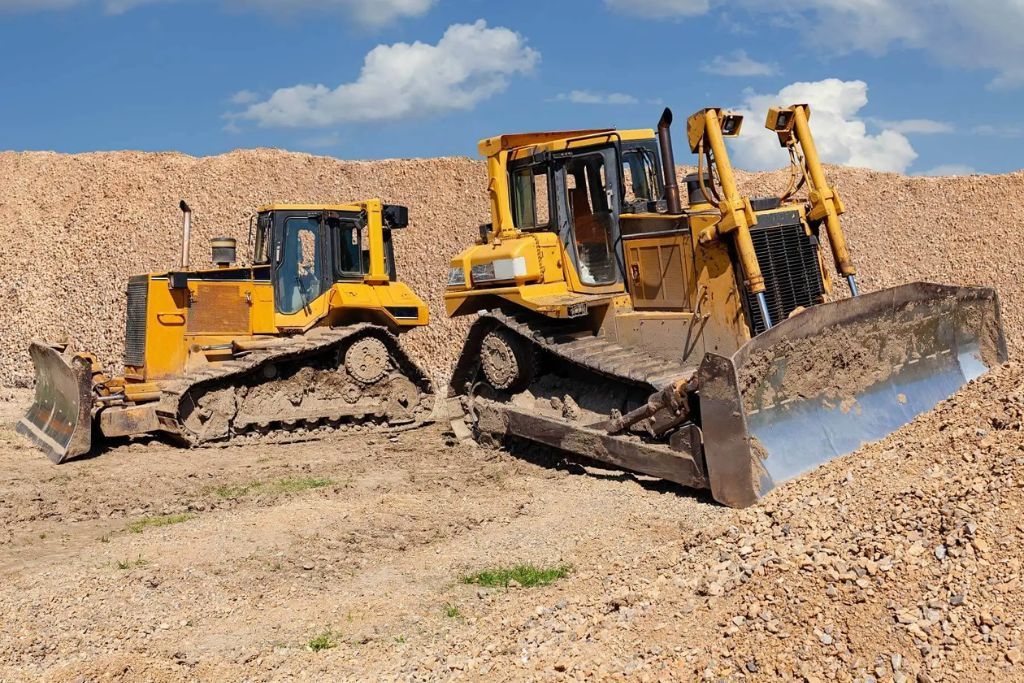Types of Excavation Best Suited for Pool Installation Projects
When it comes to pool installation, excavation is one of the most critical steps. As professionals in the construction and landscaping industries know, the success of any pool project depends heavily on precise planning and execution during the excavation phase. Understanding the types of excavation best suited for pools can save time, prevent setbacks, and ensure the long-term stability of the project.
Understanding Pool Excavation Requirements
Pool excavation isn’t just about digging a hole where the pool will sit. It involves assessing soil conditions, working within property constraints, and factoring in drainage requirements. The excavation method you choose can make or break the entire process.
Here's a breakdown of the most common types of excavation for pool installations:
1. Bulk Excavation: The Standard for Inground Pools
For most inground pools, bulk excavation is the go-to approach. This method involves removing a large amount of earth to create the pool's general shape and depth. Heavy equipment like backhoes or excavators is used to quickly clear and level the area. Professionals typically recommend this method for standard backyard pools or commercial installations where space and access aren’t restricted.
2. Trenching: Ideal for Plumbing and Utilities
Once the pool’s main excavation is complete, trenching is essential for installing plumbing, electrical lines, and drainage systems. Precision is key here, as improperly dug trenches can lead to water leakage or misaligned utility connections. Trenching is particularly important for pools with additional features like waterfalls or heating systems that require extensive piping.
3. Rock Excavation: Tackling Challenging Terrain
In areas with rocky soil or bedrock, rock excavation may be required. This specialized process involves breaking apart and removing hard materials to carve out the pool space. Professionals use tools like hydraulic breakers or rock saws to avoid damaging surrounding structures. While time-intensive, this method ensures the pool's structure is secure in areas with less-than-ideal soil conditions.
4. Grading and Sloping: Preventing Water Problems
Proper grading and sloping around the excavation site are essential for managing drainage. This step helps direct water away from the pool, preventing flooding or erosion. Grading is especially important for properties on slopes or near water sources.
Key Considerations for Professionals
- Soil Stability: Conduct a geotechnical survey to assess the soil’s load-bearing capacity.
- Equipment Access: Plan excavation routes to accommodate machinery without damaging landscaping.
- Permitting: Ensure compliance with local codes and ordinances before breaking ground.
By tailoring the excavation process to the specific needs of each pool installation, professionals can deliver superior results that ensure both functionality and longevity. Excavation might be the first step, but it’s one that sets the tone for the entire project’s success. If you want a professional to handle your excavation project visit
Samuel's Site Service in Debary, Fl.



